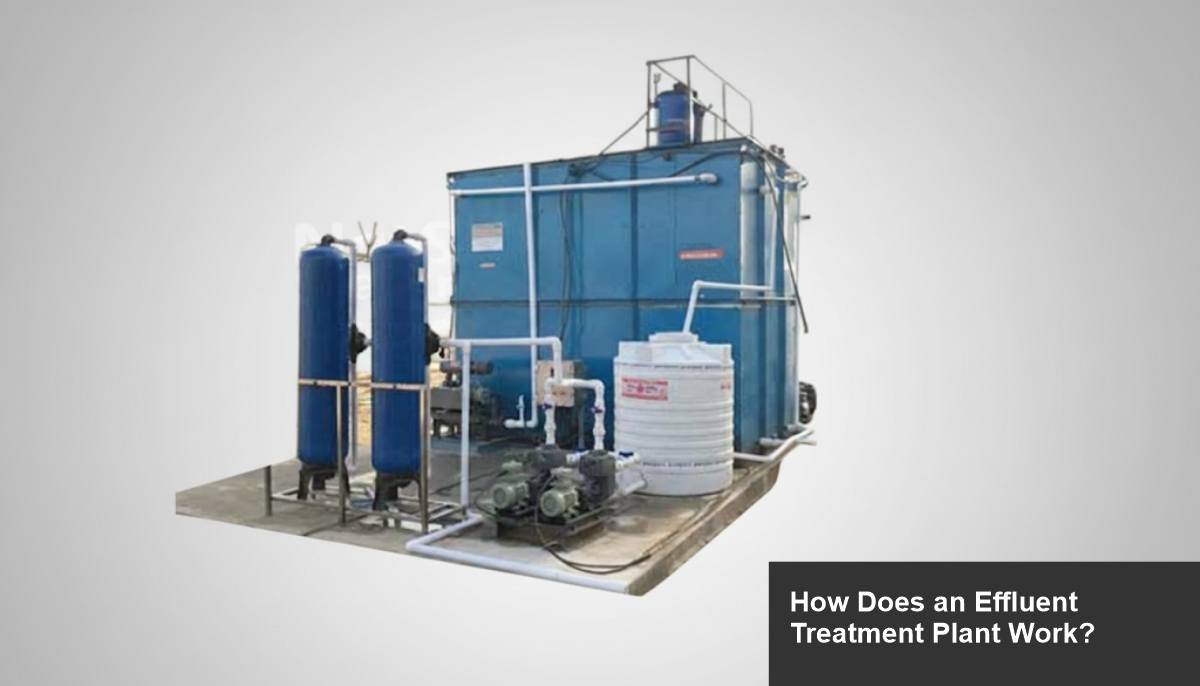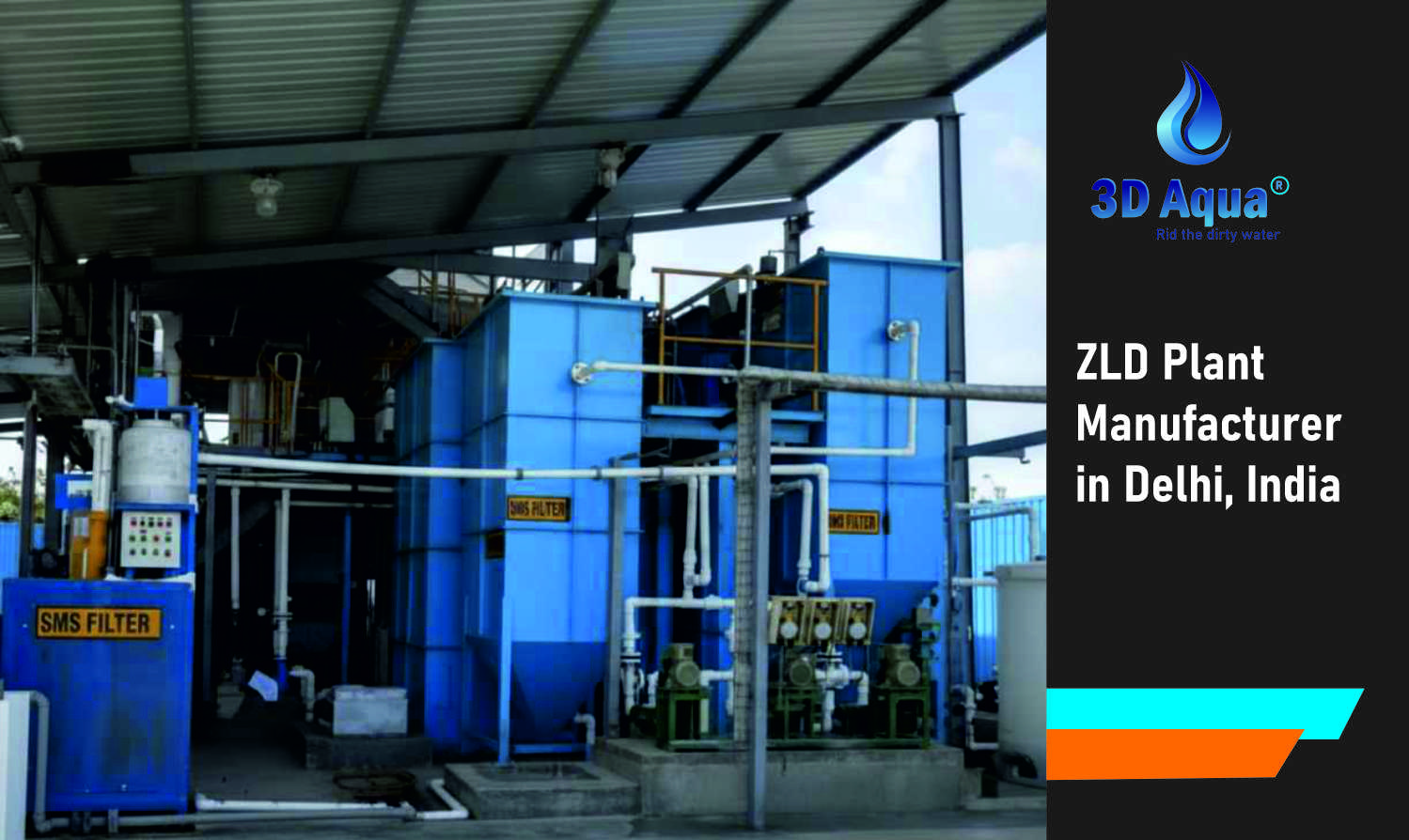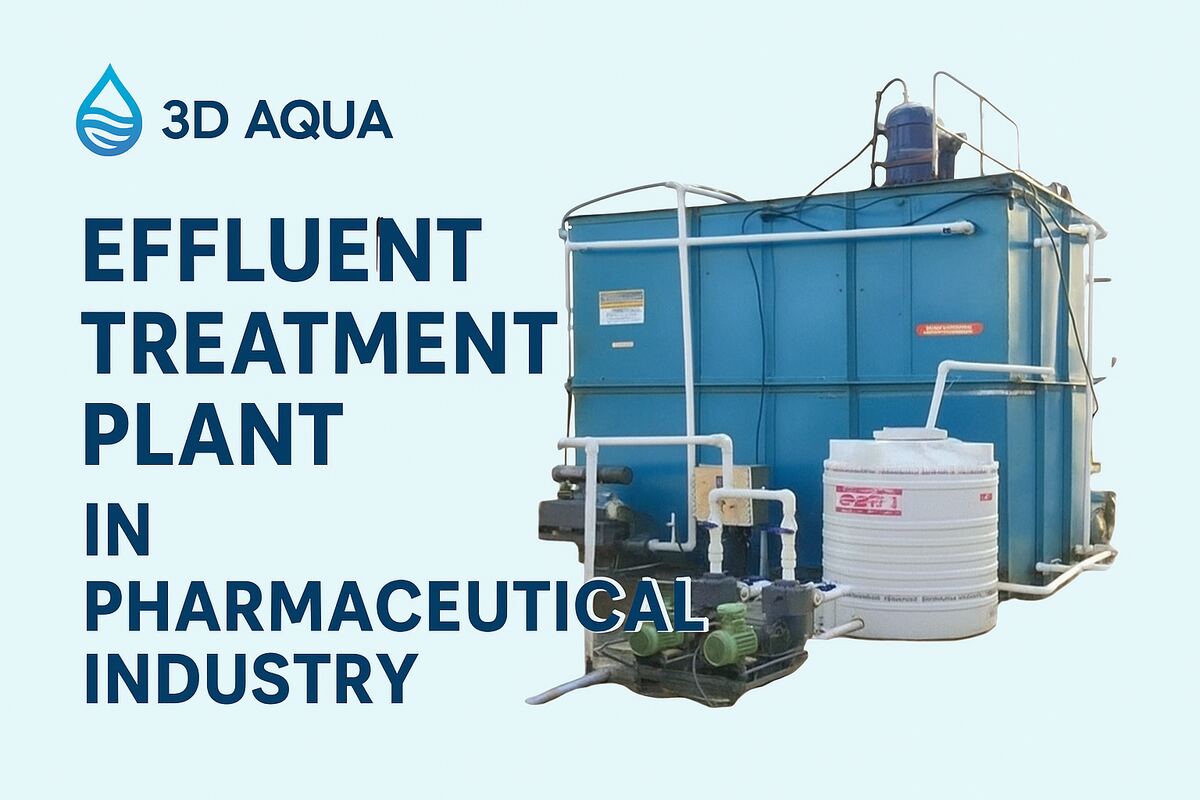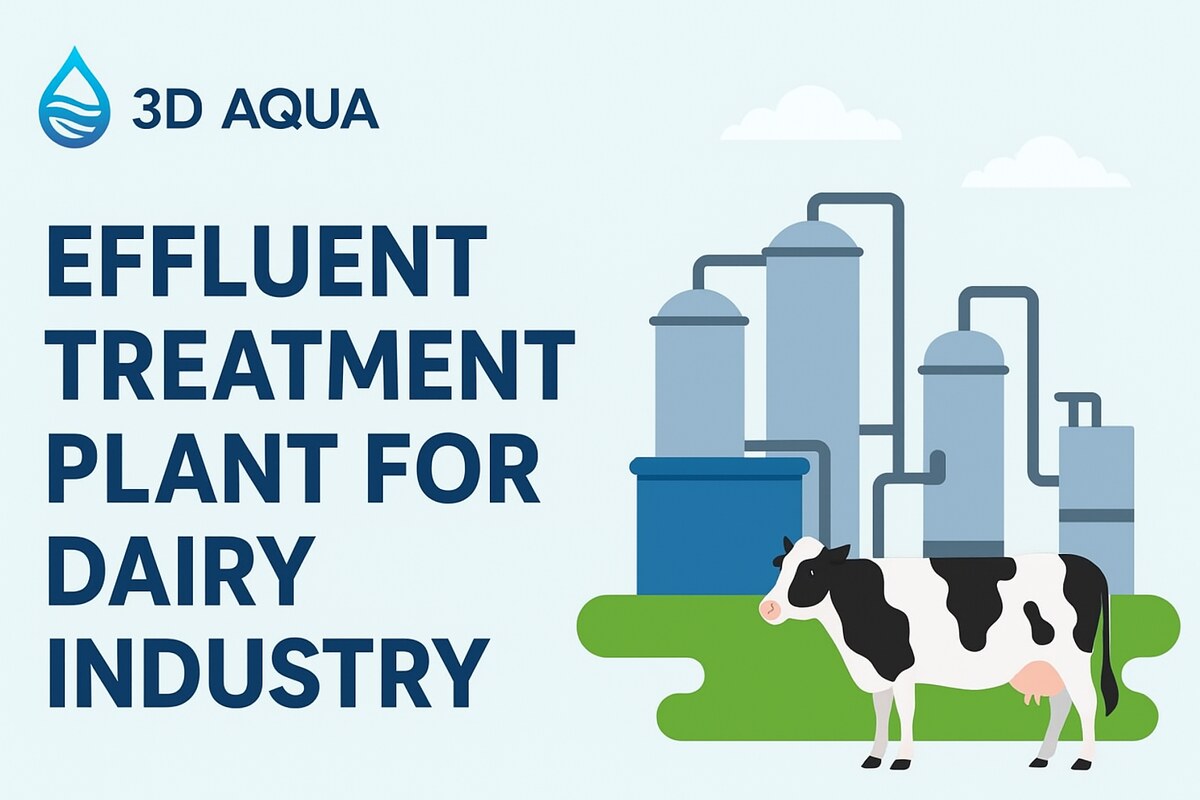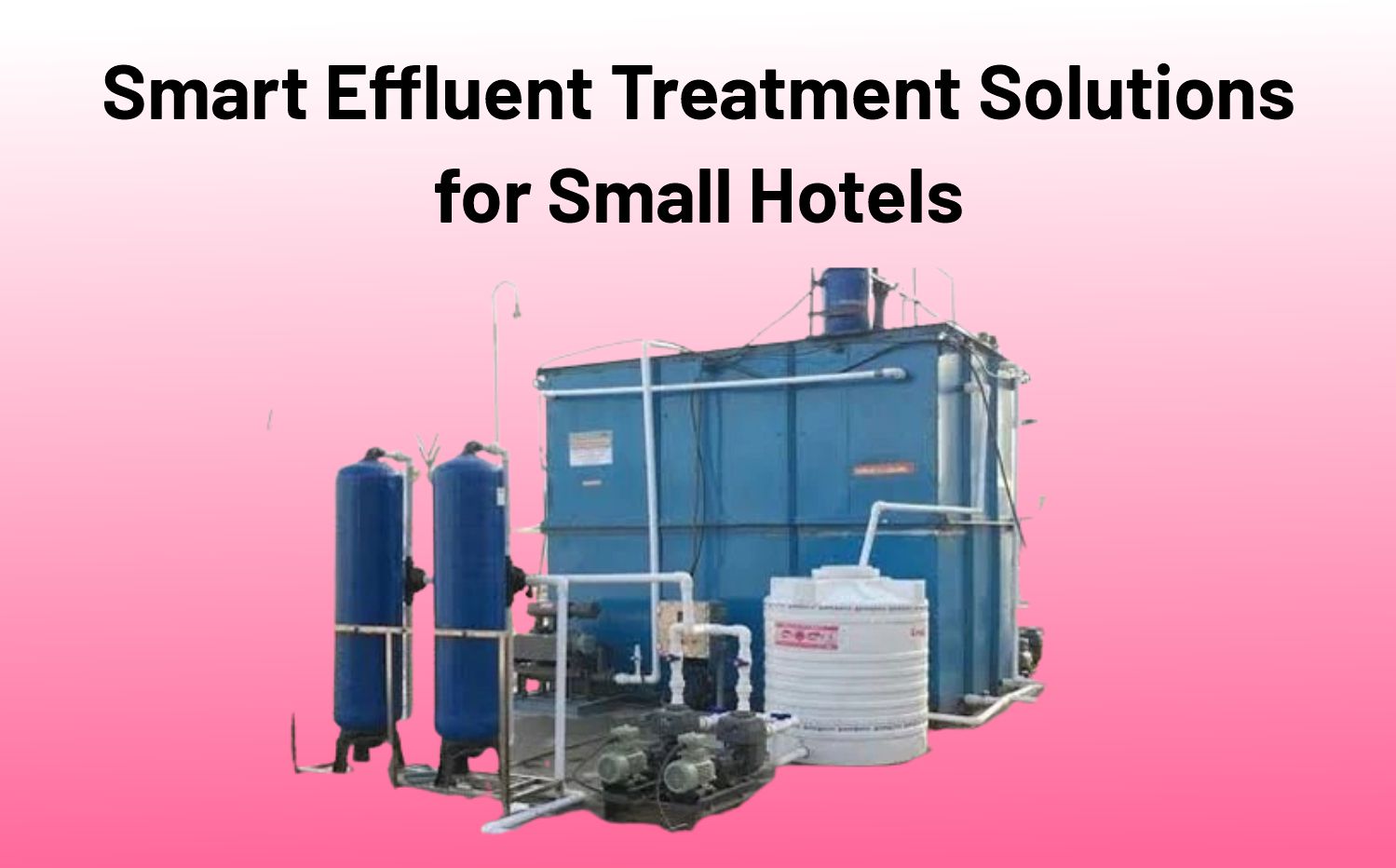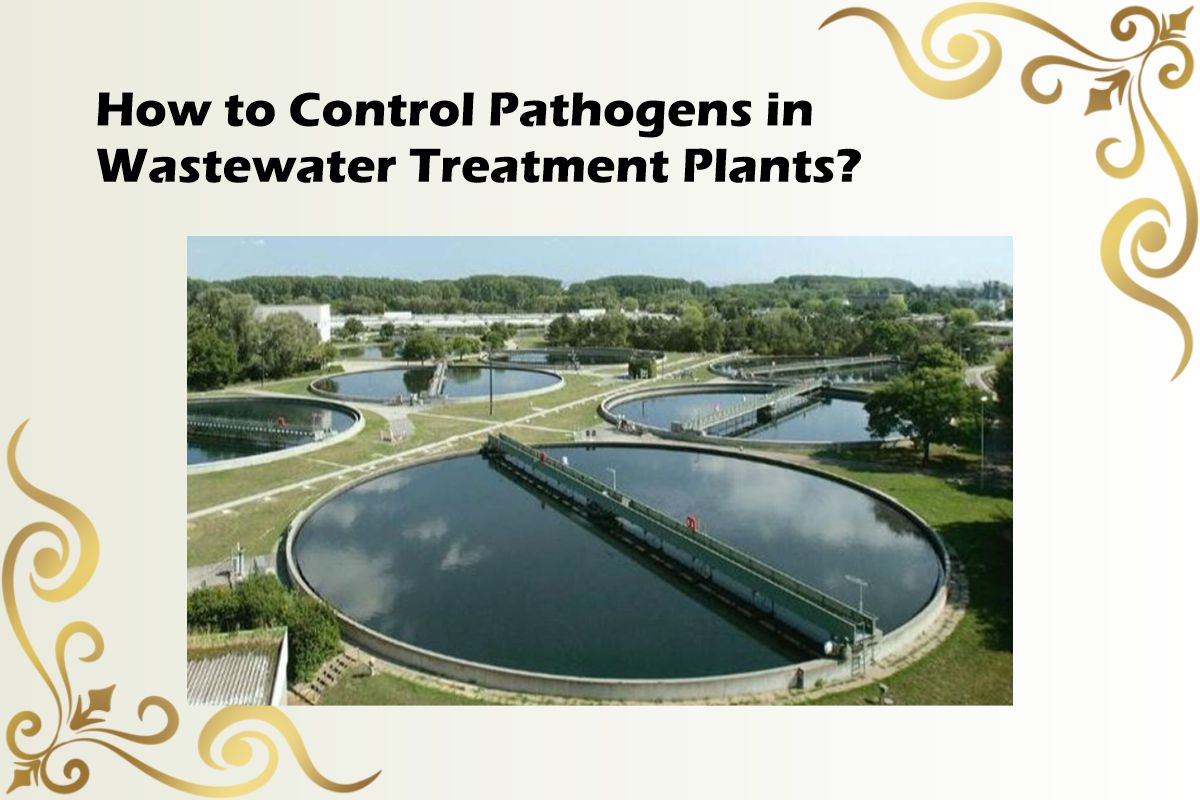How Does an Effluent Treatment Plant Work?
Water is one of the most essential resources on Earth, yet it is also the most vulnerable to pollution. Industrialization, urbanization, and population growth have led to the release of large amounts of wastewater into rivers, lakes, and oceans. If this wastewater, also known as effluent, is not treated properly, it can damage aquatic ecosystems, … Read more

